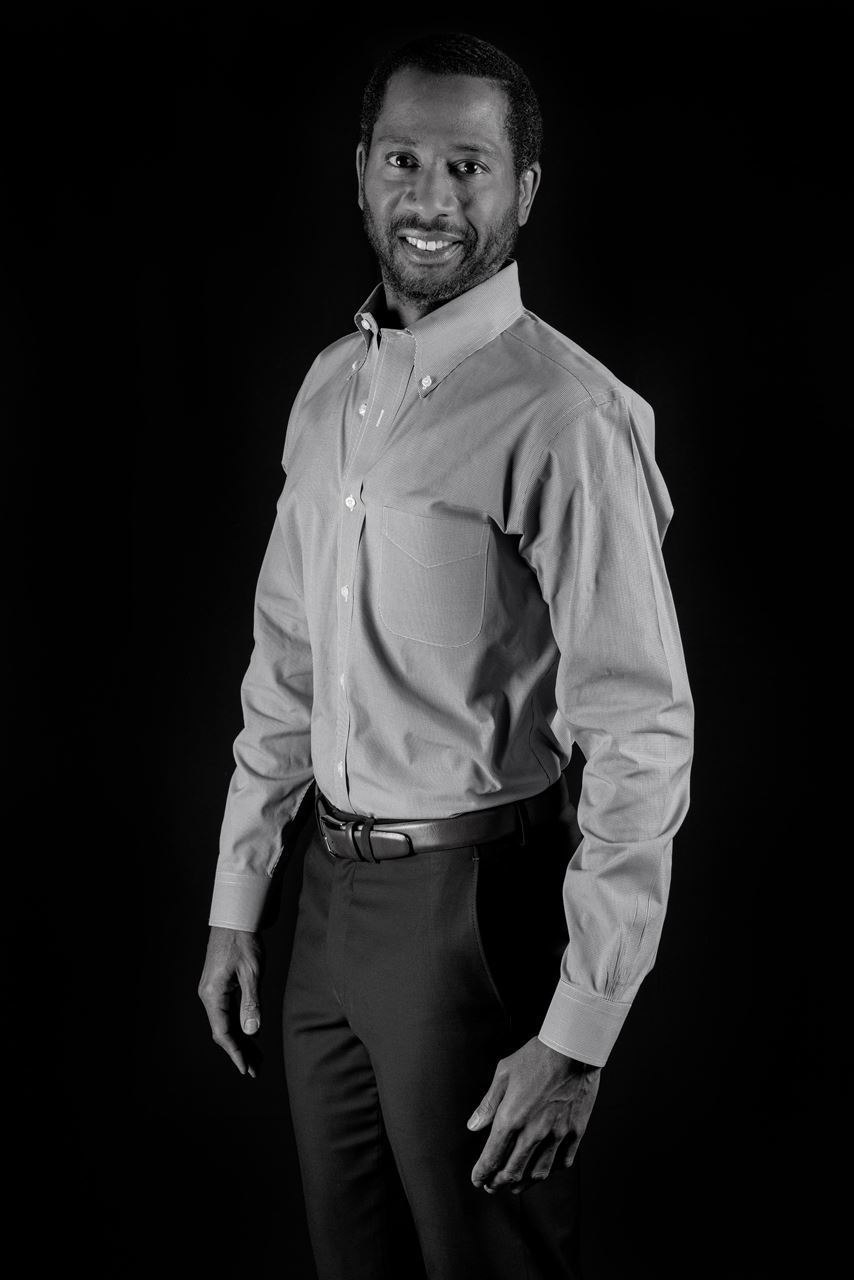by Woodrow W. Winchester, III, PhD, CPEM
In responding to the COVID-19 pandemic, the capabilities of America’s industrial complex are truly being tested. These tests and, often, demonstrations of both organizational limitations and resiliency (e.g. pivoting) are offering vital engineering management (EM) practice lessons. And, in what is now being coined the era of “business as unusual” with anticipated disruptors on the horizon like responding to the impacts of climate change, these lessons must be learned and not lost.
While the scale and scope may differ, there have been other contemporary business disruptors that have offered valuable EM practice lessons. However, in many instances, these lessons were merely observed and not engaged. The question is why? For, some lessons, if they were fully embraced and sustained, may have enhanced organizational responsiveness to COVID-19. Systems thinking, as an EM practice enabler, may offer an answer.
Systems thinking, a discipline for examining wholes, interrelationships, and patterns, provides a valuable capability for engineering managers in enacting lessons offered by disruptors such as COVID-19. From making visible the interconnectedness of manufacturing systems to further exposing the influence of structural issues such as racism in America; the COVID-19 pandemic is making clear that linear thinking and reductionist approaches to practice are not sufficient and can undermine needed change. Thinking systemically, as an EM practice underpinning, is paramount.
In connecting with EM, systems thinking can be viewed as a meta-discipline; offering a language by which to guide the engineering manager’s thinking and action. Echoing the EM Handbook:
“new tools, methods, and technologies will continue to be developed to assist engineering managers. Although they may be useful, none will have the prolonged continuity provided by thinking that is philosophically grounded and principle driven. This is the challenge faced by engineering managers: To develop a sound philosophy, principles, and values that inform consistent decision, action, and interpretation in the face of increasing complexity. Systems thinking offers a significant path forward to meet this challenge.”
While systems thinking’s potential is great in creating the conditions for more robust EM practices and actions (See Figure 1), putting it into action can be challenging for the engineering manager.

Figure 1: Roles that Systems Thinking can Play in EM (Figure 18.1 EM Handbook)
The EM handbook offers insights around those core challenges and offers guidelines for the engineering manager to gain the advantages from applying systems thinking. Tools such as the Habits of a Systems Thinker by the Waters Center for Systems Thinking and soft systems methods such as Rich Pictures can aid the EM in building their systems thinking competencies in practice contexts. While outward focused development is important, equally of import; is inward or personal development.
Self-awareness and self-examination are critical in thinking systemically.; as, they “bring more attention to our mental models, which might be holding us back and keeping us from seeing the big picture in an unbiased way” (HumanCurrent). Inward focused tools such as the Reflexivity Statement support the engineering manager in personally reflecting; elucidating insights (e.g. personal assumptions, mental models, and beliefs) that (1) may occlude the engineering manager’s ability to think systemically and (2) could be inadvertently reinforced in practice.
We can’t let this Pandemic be a waste. COVID-19 is making even more clear the complex and interconnected world that we, as engineering managers, practice – the new or (next) normal. Valuable EM lessons that will advance the practice are being presented (see: Bringing Manufacturing Back to the U.S. is Easier Said Than Done). Acting more systemically in both thought and action can prevent these lessons from being lost. As discussed, disrupters to the level or exceeding what is being felt by COVID-19 will happen again and our ability and capacity to respond both as a profession and discipline cannot be compromised.
About the Author
 Woodrow W. Winchester, III, PhD, CPEM is a Senior Lecturer and the Director of Engineering Management at the University of Massachusetts – Amherst. A trained human factors engineer and Certified Professional in Engineering Management (CPEM), Dr. Woodrow W. Winchester, III is an advocate for more equitable, inclusive, and consequential approaches to technological design and deployment. He is currently under contract with CRC Press to write Inclusion by Design: Future Thinking Approaches to New Product Development (ISBN: 978-0-367-41687-4).
Woodrow W. Winchester, III, PhD, CPEM is a Senior Lecturer and the Director of Engineering Management at the University of Massachusetts – Amherst. A trained human factors engineer and Certified Professional in Engineering Management (CPEM), Dr. Woodrow W. Winchester, III is an advocate for more equitable, inclusive, and consequential approaches to technological design and deployment. He is currently under contract with CRC Press to write Inclusion by Design: Future Thinking Approaches to New Product Development (ISBN: 978-0-367-41687-4).
